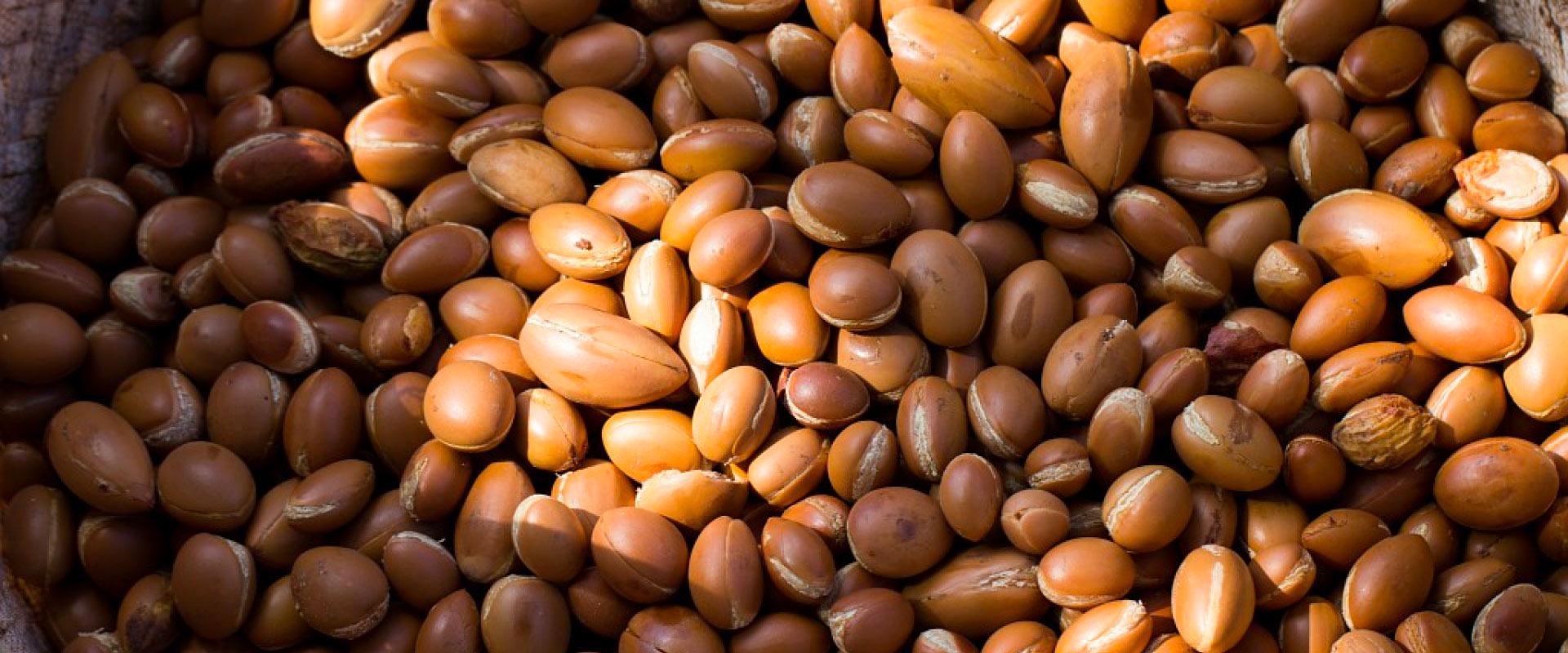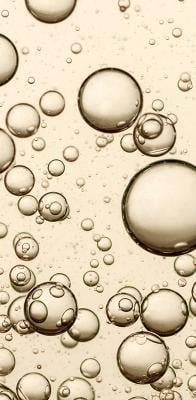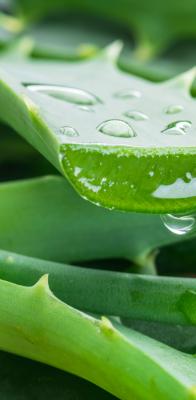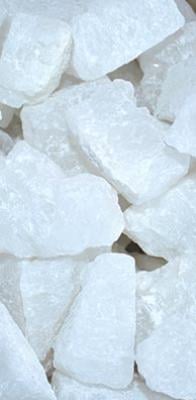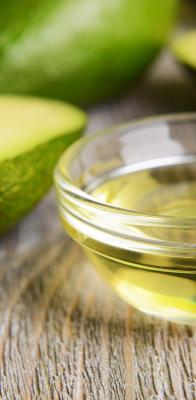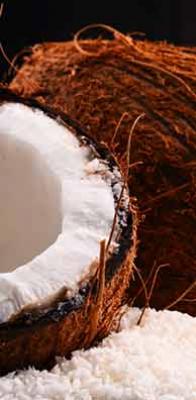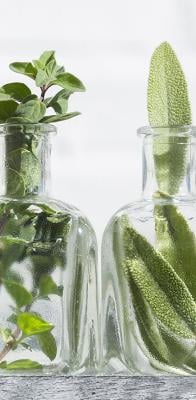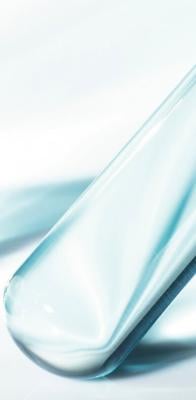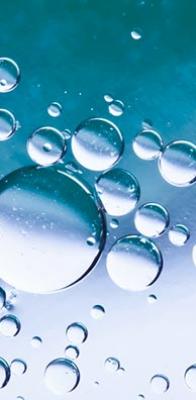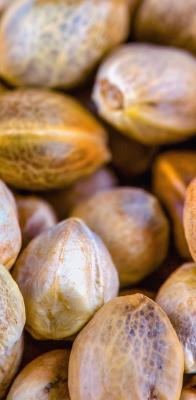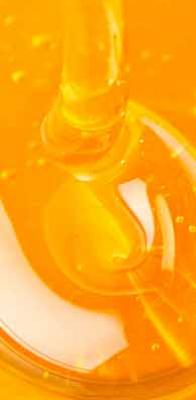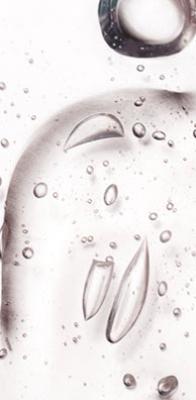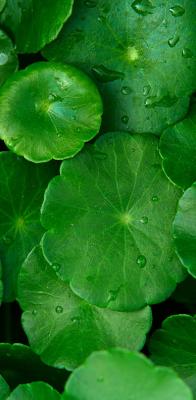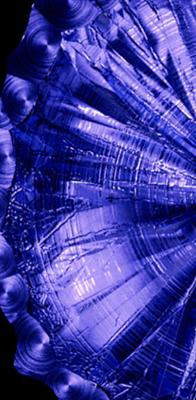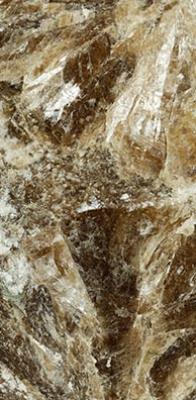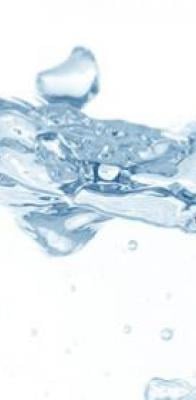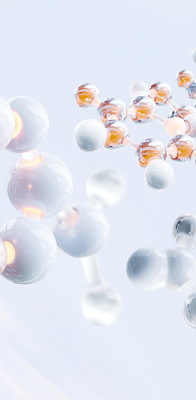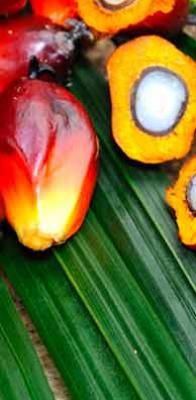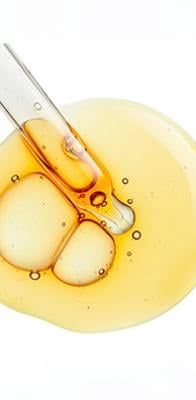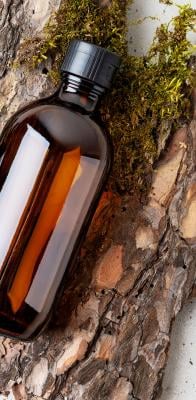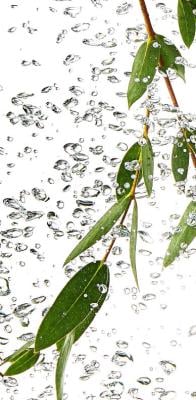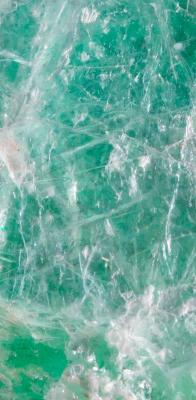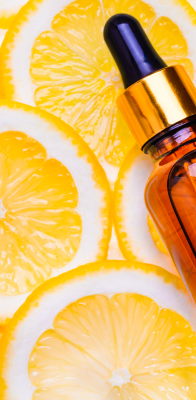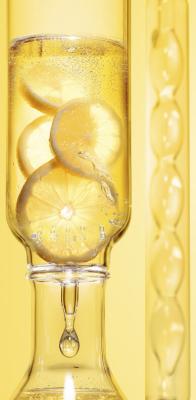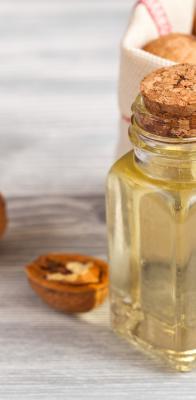What is argan oil?
Argan oil is a vegetable oil used in cosmetics for its nourishing and antioxidant properties. Argan oil is naturally rich in vitamin E and fatty acids (omega 6 and 9).
To find argan oil in our products, it appears in the list of ingredients on the packaging, under the name ARGANIA SPINOSA KERNEL OIL.
Where does it come from?
Argan oil is obtained by pressing the kernels of the fruit of the argan tree. The argan tree is a tree in the Sapotaceae family, mainly grown in Morocco. It is a very tough tree thanks to its roots that draw water from more than 30 metres underground. Its oval-shaped fruit, as big as a walnut, contains in its pulp a very hard-shelled stone containing two to three seeds called almonds.
The fruit is harvested and the oil produced in a traditional way. The cores are crushed by hand to extract the kernels without damaging them. These are crushed in a traditional mill and then cold-pressed. 10 hours of work and 30 kg of fruit produce 1 litre of tradtionally crafted oil.
The argan oil we use comes from a network of cooperatives in the Targanine economic interest group in Morocco. In 2014, the six cooperatives in this network obtained certifications including Ecocert Organic, Fair for Life or Protected Geographical Indication (PGI).


Why is it used?
Argan oil is used in food and cosmetics.
-
Nutrition
-
Anti-oxidant
What are its benefits?
To make edible argan oil the kernels are first roasted before being pressed, to give the oil its characteristic roasted taste. For cosmetic oil, the kernels are not roasted to preserve its benefits for the skin and hair.
Argan oil is known for its nourishing and antioxidant properties. It nourishes and strengthens the skin, and brings shine and suppleness to dry and fragile hair.
The Facts
- For centuries, argan oil has been used as a beauty product by Berber populations for their skin and hair care. For more information, see the following article: Guillaume D. & al., “Argan oil and other argan products: Use in dermocosmetology”, Eur. J. Lipid Sci. Technol. 2011, 113, 403–408.
- Thanks to its essential fatty acid content (omega 6 and 9), argan oil helps restore the skin's hydrolipidic film, strengthens the skin barrier and limits water loss. These proven benefits are scientifically recognised.
- The virtues of argan oil on hair have been scientifically proven. Its ability to bring shine and suppleness is particularly sought after for dry, fragile and curly hair.
How is it used in our products?

In 2008, we launched the “Sustainable Argan” scheme in partnership with BASF, the supplier of our argan oil, and the NGO Yamana, as a development expert, to optimise the technical-economic, social and governance dimensions of Targanine's network of cooperatives. This initiative was a real opportunity to promote the argan tree in a responsible way while respecting the culture, the work and the traditional knowledge of Berber women in the Moroccan South-West.
We use argan oil in our face and body skin care products for its nourishing properties. In hair care, it is used for its hair softening properties. It gives it a long-lasting shine. It is found in hair care and styling products.

